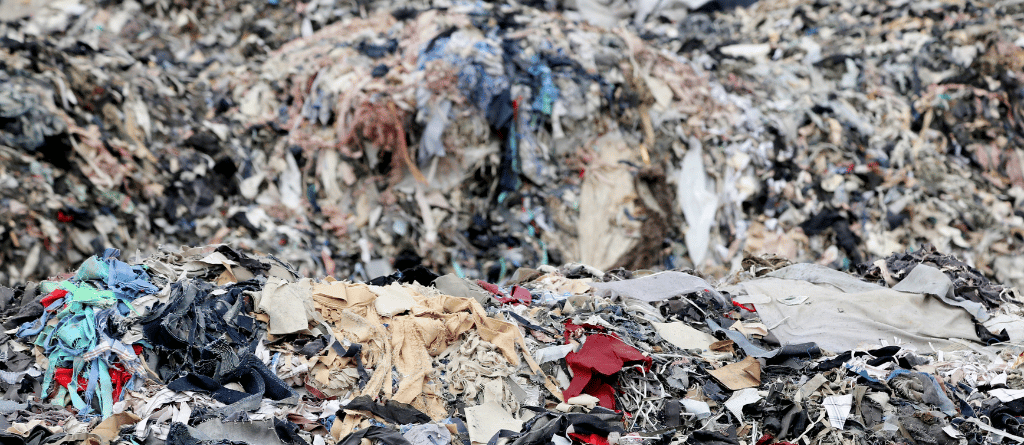Our 2019 roundup
Participants in Jump’s engagement programmes have achieved a record-breaking 3 million positive actions for sustainability and wellbeing. This has resulted in over 765 tonnes of avoided CO2 emissions.
Through activities such as ‘Switch Off’ almost 145,000 kWh of energy has been saved. Alongside this, over 3.5 million sustainable travel miles have been logged through activities that encourage individuals to walk, cycle or take public transport.
Positive actions with our NHS Trusts
Manchester University NHS Foundation Trust (MFT), one of Jump’s largest employee-focused clients, has avoided over 30 tonnes of CO2. MFT was also shortlisted as a finalist for edie’s Sustainability Leaders Awards 2020 in the Employee Engagement and Behaviour Change Initiative of the Year category.
Claire Igoe, Head of Environmental Sustainability at MFT, says it’s fantastic that our workforce has already achieved so many positive actions. Green Rewards is the perfect opportunity to empower employees to make a positive difference, and I’m delighted we’ve been shortlisted in the edie awards.
Our councils
Across 20 local authority areas, more than 60,000 households have engaged in positive waste and recycling behaviours. This has been achieved through Jump’s resident programmes, from Bexley and Camden in London to Warwickshire in the Midlands and St Helens in the North West. These behaviours focus on activities such as ‘Food Waste Challenge’ and ‘Slim Your Bin’.
Our universities
Three Jump universities are ranked in the top 12 of the highly regarded People & Planet University League. This includes the University of Bristol, Nottingham Trent University and Swansea University. The University of Bristol was the first in the UK to declare a Climate Emergency. Its ‘Be the Change’ programme is unique and engages both students and staff. Similarly Anglia Ruskin University and Nottingham Trent University have rolled-out their programmes to include students as well as staff for the current academic year.
Positive actions ahead of 2020
Looking to the year ahead, Jump is expanding into new sectors and is this month launching its first manufacturing sector programme with ASM Assembly Systems. Whilst in the local authority sector, two new councils have recently signed up with Jump for employee engagement programmes, Charnwood Borough Council and the London Borough of Lambeth. With its offices based in Lambeth, Jump’s new programme with its home council is aiming to develop an internal community of ‘Net Zero Heroes’.
Graham Simmonds, Chief Executive at Jump, says: More and more of our clients are declaring a climate emergency which is fantastic to see and we are incredibly excited for the year ahead.
We are constantly developing our technology and approach for our clients to engage as many people as possible, to deliver real, tangible impact.
Take action in 2020
To find out more about office wellbeing across sectors, request a Jump case study here. Or click here to find out more about our employee engagement programmes and how Jump can engage positive wellbeing in your workplace.









